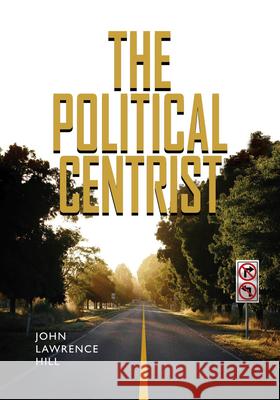The Political Centrist » książka
The Political Centrist
ISBN-13: 9780826516695 / Angielski / Miękka / 2010 / 288 str.
The Political Centrist
ISBN-13: 9780826516695 / Angielski / Miękka / 2010 / 288 str.
(netto: 210,14 VAT: 5%)
Najniższa cena z 30 dni: 182,87
ok. 16-18 dni roboczych.
Darmowa dostawa!
Today almost half of all Americans decline to define themselves as either "liberal" or "conservative." In fact, modern liberalism and conservatism seem hopelessly fragmented ideologies. Liberals claim to believe in individual freedom yet advocate a more collectivistic approach to government and an increasingly paternalistic role for the state. Conservatives are hopelessly divided between two incompatible ideals--the highly individualistic, limited-state philosophy of classical liberalism and an older, more collectivistic tradition of cultural conservatism that holds government responsible for shaping social morality. As a result, modern liberals are economic collectivists and moral individualists, while conservatives are economic individualists and moral collectivists.
Centrists reject each of these fragmented and polarized approaches to politics. We believe that government has a role to play in structuring social and economic opportunities and in reinforcing basic moral norms, yet we are deeply troubled by ever-expanding government. We reject libertarianism, left-liberalism, and the various schools of conservatism as a model for government. Part I of The Political Centrist briefly traces the trajectory of the liberal and conservative traditions. It argues that modern liberalism is an unprincipled fusion of classical liberal and socialist ideals while modern conservatism is an untenable hybrid of economic liberalism and social conservatism. Part II offers a centrist approach to many of the most contentious contemporary political and social issues. Those include: -- abortion -- affirmative action -- the death penalty -- gay marriage -- illegal immigration -- judicial activism -- the relationship of religion and politics -- the role of government in the economy










